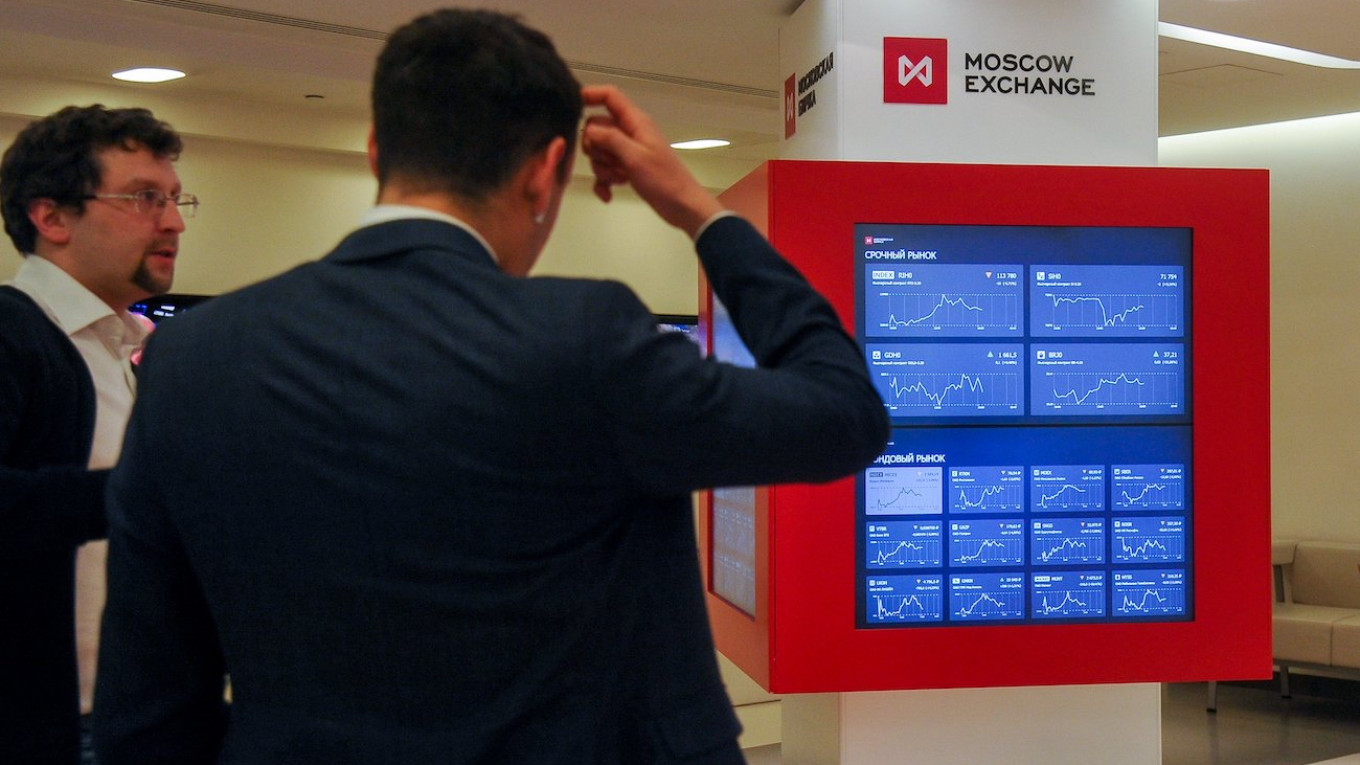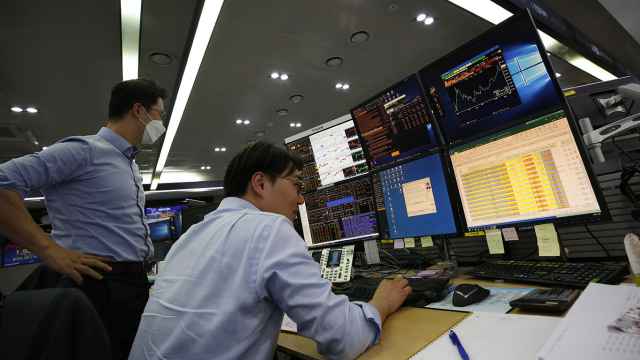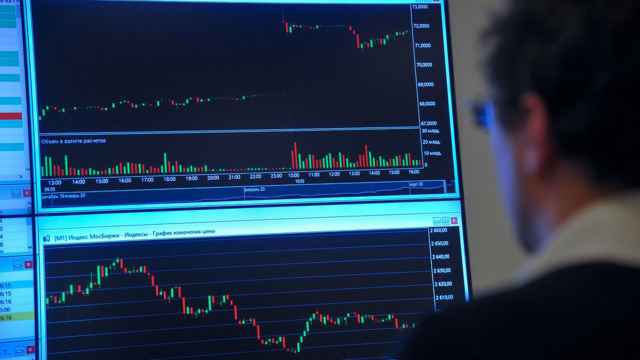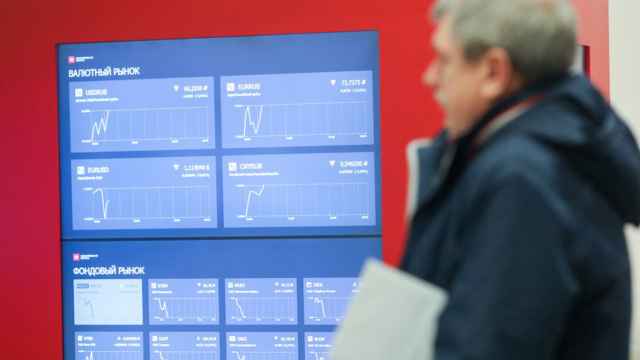Russian markets resumed their downwards slide Friday after U.S. President Donald Trump said overnight he had tested positive for the coronavirus.
Russia’s main stock market — the MOEX Index — fell by 2%, while its dollar-denominated peer the RTS Index lost more than 3% to fall to its lowest level since 15 May.
Calculated in dollars, the Russian stock market has lost more than a quarter of its value since the start of the year, as the ruble has been buffeted by a slump in global oil prices, fears of a second wave of the pandemic and geopolitical headwinds — the poisoning of Alexei Navalny, protests in Belarus and, most recently, the conflict in Nagorno-Karabakh.
The news of Trump’s Covid-19 infection sent ripples through financial markets across the world. Benchmark Brent crude oil tumbled below $39 a barrel for the first time since mid-June. The ruble — seen as a risky asset susceptible to volatility in world energy prices — was deep in the red, losing more than 1.6% against both the U.S. dollar and the euro in the first half of Friday trading.
The reversal came after a turnaround earlier in the week, as Russia’s Central Bank said it would boost its foreign currency sales and Russian media reported that the government had instructed state-owned companies to also offload excess foreign currency holdings. Both moves “helped temporarily calm down the mood of panic,” which had swept Russian markets towards the end of last week, Rosbank analysts said in a research note, arresting the ruble’s slide below the 80-mark against the U.S. dollar.
After Friday’s losses, the ruble was trading at 78.5 against the U.S. dollar and 92.2 against the Euro.
Alfa Bank’s chief economist Natalia Orlova said the fact that the government let it be known it was intervening in the market was potentially more important than the size of any extra ruble purchases.
“The main idea of delivering this information was to indicate to the market that the rate of 80 rubles to the dollar is a psychologically important threshold, and that the government will not like it if it is passed,” she said.
Rosbank said the currency was set for “a wide range of fluctuations in the coming weeks,” adding that “the 80-mark [against the dollar] may not have as strong psychological resistance as it seems.”
A Message from The Moscow Times:
Dear readers,
We are facing unprecedented challenges. Russia's Prosecutor General's Office has designated The Moscow Times as an "undesirable" organization, criminalizing our work and putting our staff at risk of prosecution. This follows our earlier unjust labeling as a "foreign agent."
These actions are direct attempts to silence independent journalism in Russia. The authorities claim our work "discredits the decisions of the Russian leadership." We see things differently: we strive to provide accurate, unbiased reporting on Russia.
We, the journalists of The Moscow Times, refuse to be silenced. But to continue our work, we need your help.
Your support, no matter how small, makes a world of difference. If you can, please support us monthly starting from just $2. It's quick to set up, and every contribution makes a significant impact.
By supporting The Moscow Times, you're defending open, independent journalism in the face of repression. Thank you for standing with us.
Remind me later.






